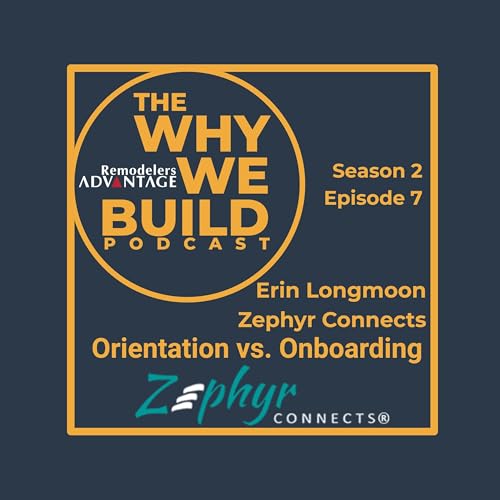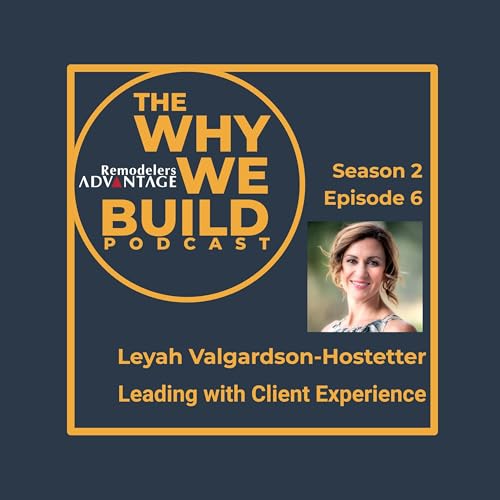Episode Description
In this episode, Greg Woleck dives deep into one of the most underrated disciplines in the remodeling business — the annual budget.
It’s budget season at Remodelers Advantage, and Greg pulls back the curtain on how great remodeling companies use budgets not just as accounting tools, but as strategic maps for growth, clarity, and accountability.
He argues that budgeting is second only to consistent marketing in importance — because while marketing drives opportunity, the budget drives sustainability.
You’ll learn what goes into a healthy budget, who should be involved in the process, common mistakes to avoid, and how tactical team members (PMs, DMs, and Production Leaders) can use financial awareness to elevate their performance.
Whether you’re an owner, a manager, or an aspiring leader, this episode will help you understand how to turn numbers into confidence — and confidence into results.
💡 Key Takeaways
- The annual budget is second only to consistent marketing in importance for remodeling businesses.
- A budget is not an accounting tool — it’s a strategic roadmap that connects goals, people, and profit.
- Overhead isn’t waste — it’s infrastructure. It supports quality, efficiency, and scalability.
- Transparency builds alignment. Even tactical leaders should understand how the company budget works.
- A strong budget rhythm includes quarterly reviews, realistic forecasting, and clear accountability.
- Companies that lead with clarity and numbers outperform those that rely on intuition alone.Pull Quotes
“A well-built budget doesn’t just guide spending — it guides decision-making, accountability, and confidence.”
“Marketing fills your pipeline. The budget makes sure you can build profitably once the work begins.”
“Overhead isn’t waste — it’s infrastructure. It’s how you build the business, not just the projects.”
“If you know your numbers, you control your destiny.”
“Budgeting isn’t about predicting the future — it’s about preparing for it.”
Keywords: remodeling business, budgeting, profit planning, overhead, cash flow, marketing, financial management, remodelers advantage, production management, leadership
Hashtags: #WhyWeBuildPodcast #RemodelersAdvantage #RemodelingBusiness #ProductionManagement #DesignBuild #BusinessBudgeting #ProfitPlanning #LeadershipInRemodeling
 29 分
29 分 15 分
15 分 11 分
11 分 43 分
43 分 2025/11/1030 分
2025/11/1030 分 14 分
14 分 47 分
47 分 16 分
16 分
